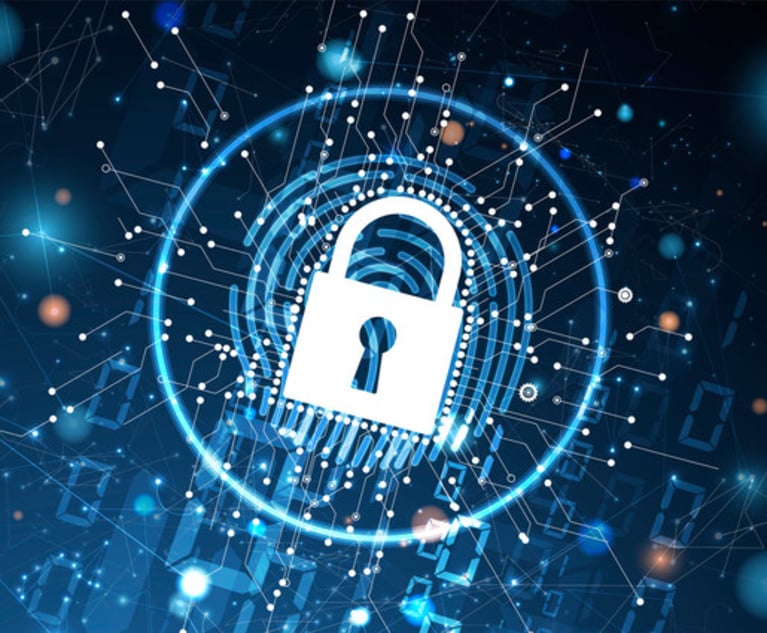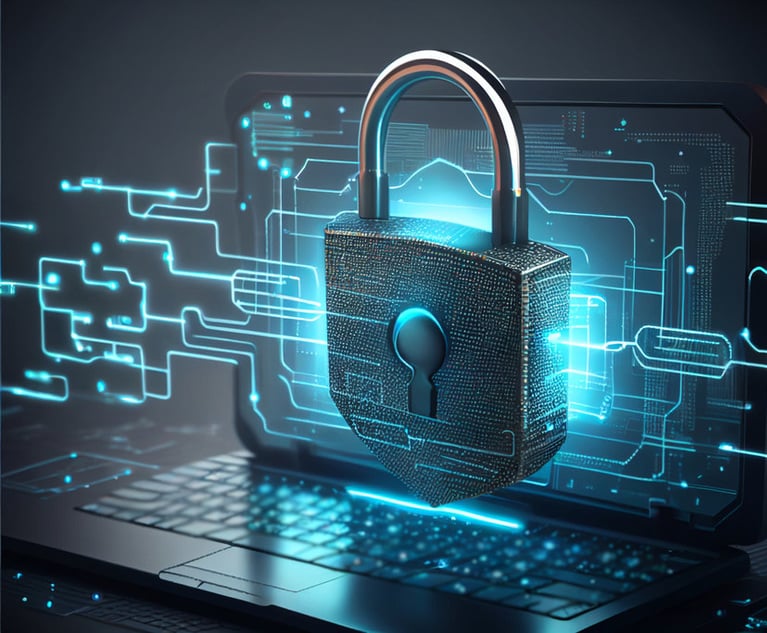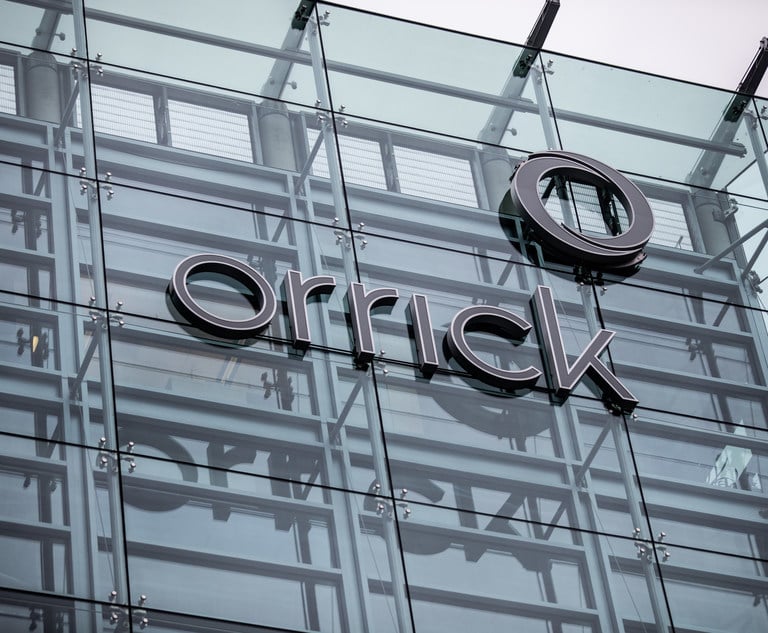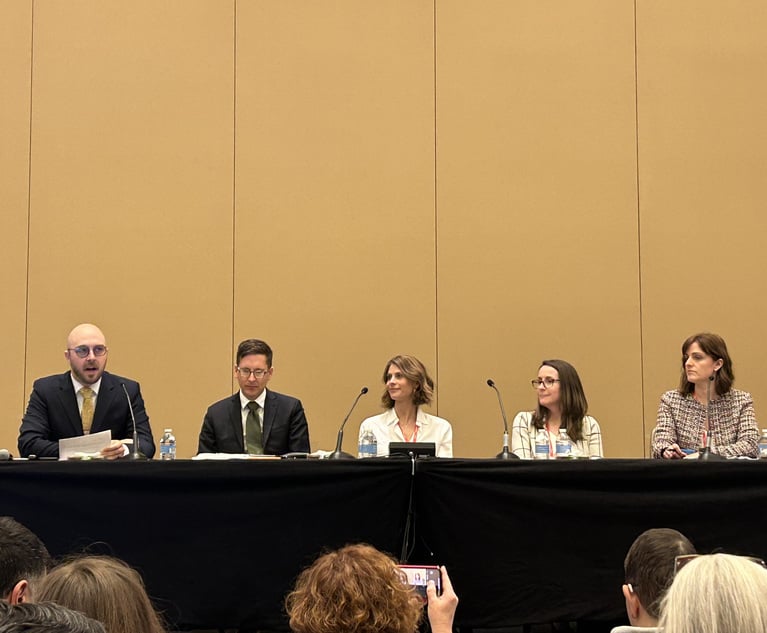When Epiq Global shut down services after a ransomware attack, it was a stark reminder that even legal services providers can fall prey to cyberattacks. And Epiq isn’t the only one in the legal tech industry that has publicly announced it suffered a cyberattack: In October 2019, case management platform TrialWorks informed users it was impacted by a ransomware incident that left some users without access to their data.
The attacks highlight the risk of leveraging technology, and tech observers say all lawyers should question their providers thoroughly before using any software. But limited tech expertise and IT budgets leave most solo practitioners and small firms less likely to question their legal tech providers.








